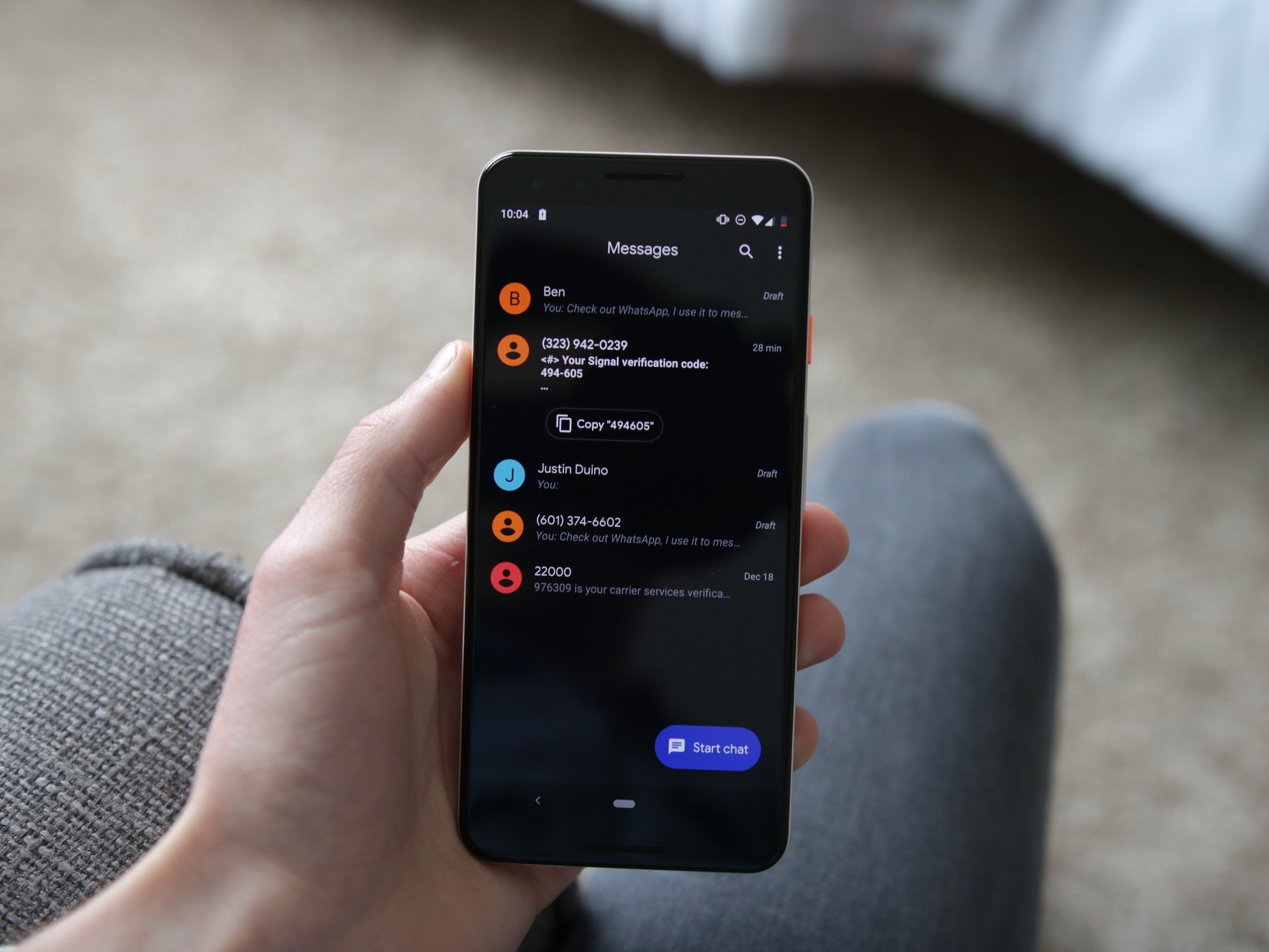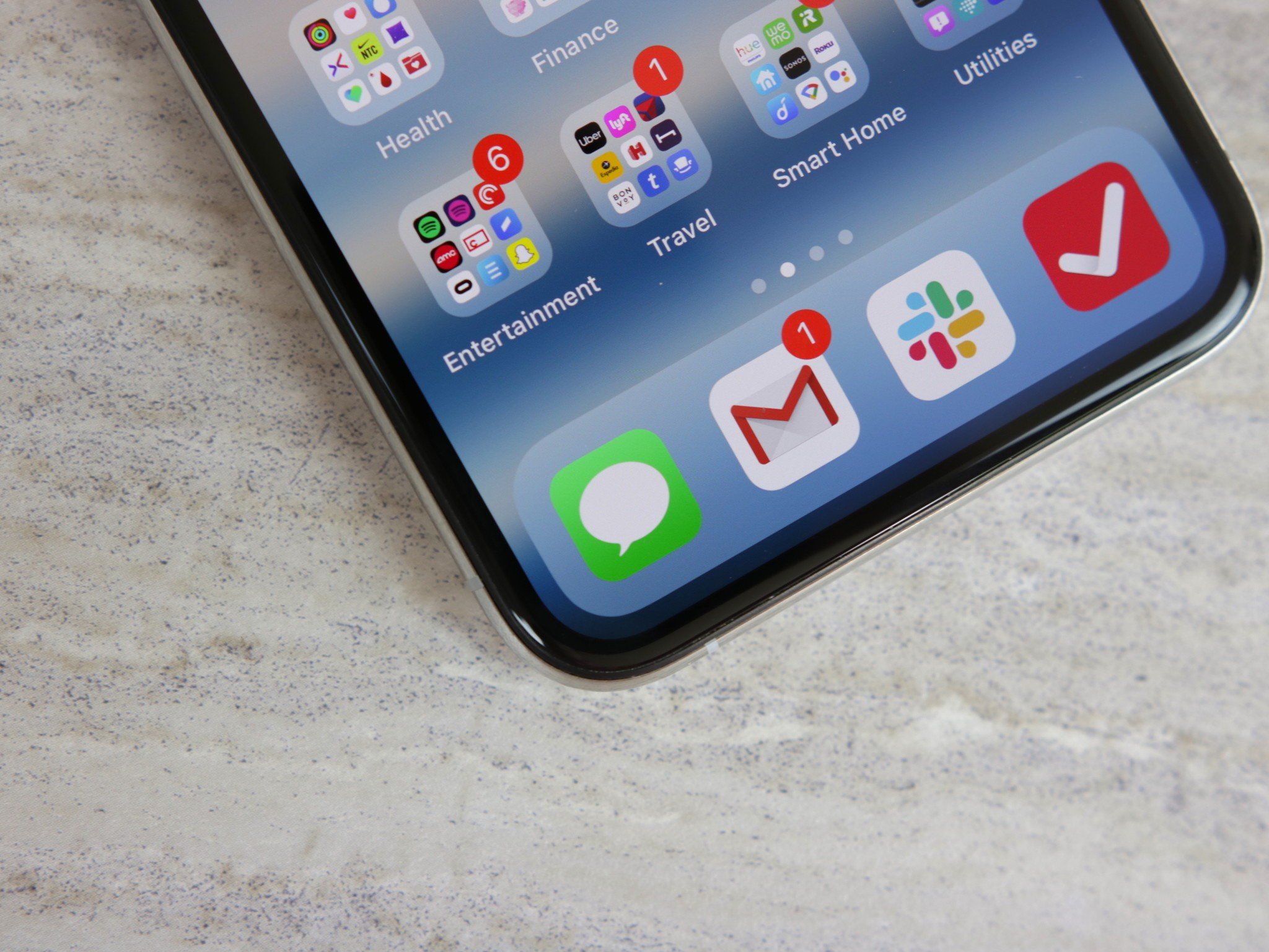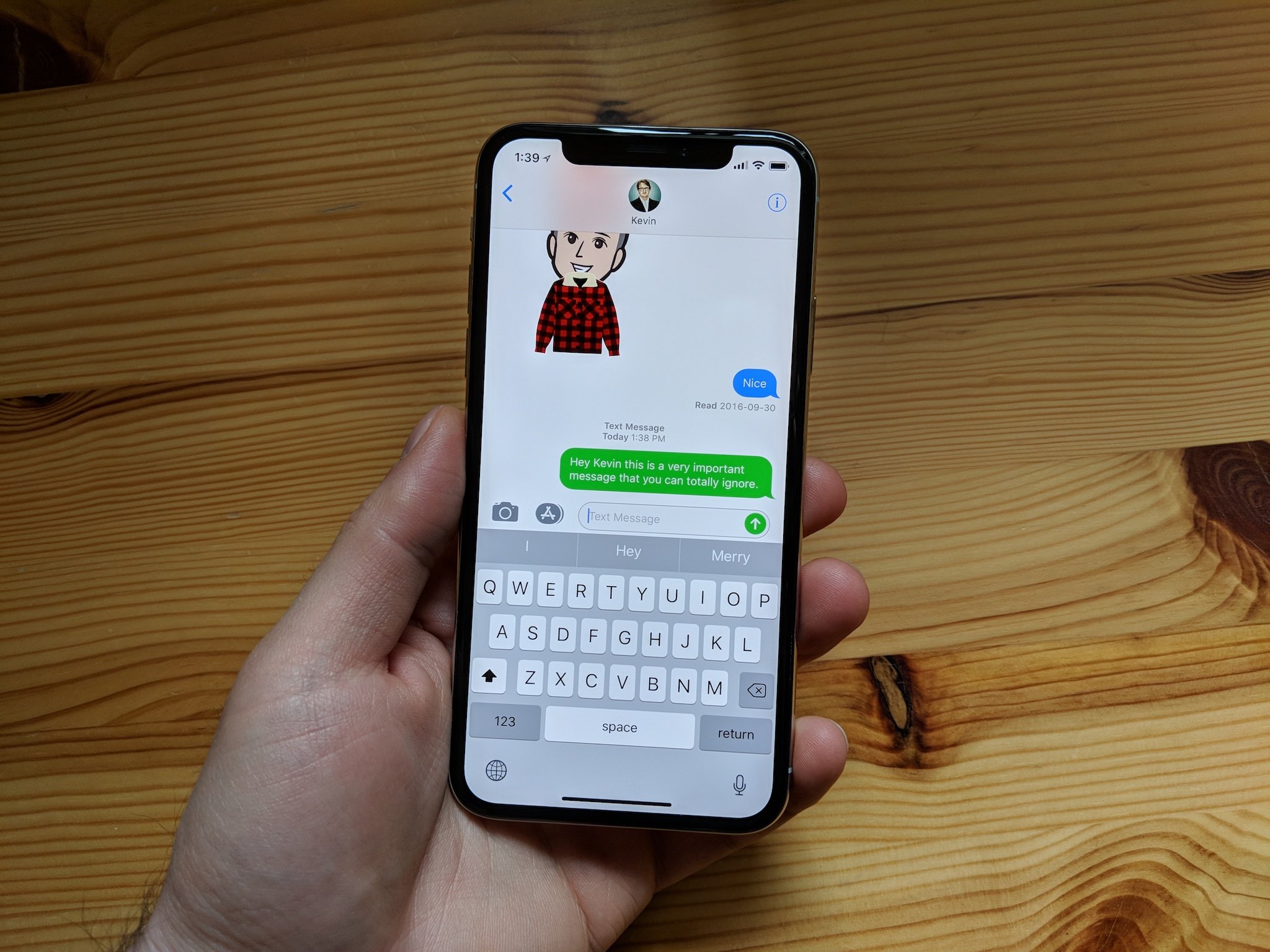It's time to understand texting.
Regardless of who you are or how you use your phone, chances are you spend some of your time texting friends and family. You may not venture into debates of Telegram vs. Signal vs. WhatsApp, but you have your default texting app and rely on it to keep you connected to loved ones.
Here's the thing, though. While that texting app may appear pretty basic on the surface, there's more going on behind-the-scenes than you may initially think. And by having a stronger grasp of everything going on, you can be more confident about your messaging experience and understand why things do and don't work the way you'd expect.
There are three main texting protocols that exist in 2021, and today, we're talking about all of them. Let's get started!
RCS The texting upgrade we've been waiting for
First on the list, we have RCS. You may already be using RCS on your Android phone right now and have no idea, and that's part of the reason why understanding the tech is so complicated.
RCS is short for "Rich Communication Suite," and it's essentially an upgraded version of the SMS texting standard we've had since the 1980s. RCS looks and functions a lot like the texting you've had for years, but it throws in a few extra features to make the whole experience that much better.
What kind of features are we talking about? Similar to the messaging experience you'd find in something like WhatsApp or Facebook Messenger, RCS allows your texting app to send messages over Wi-Fi, show read receipts when someone's seen your message, support high-resolution file/picture sharing, and more. You also benefit from end-to-end encryption for your messages, adding a massive layer of security SMS just can't compete with.
Getting RCS on your phone used to mean needing a specific handset and relying on your carrier to support the feature, but as of November 2020, RCS is globally available to anyone using the Google Messages texting app. If you have an Android phone and want to learn how to enable RCS features, all you have to do is make sure you have Google Messages and then enable Chat features in the settings. That's it!
RCS is great, but it's far from replacing SMS any time soon.
RCS features will automatically kick-in if you message someone who has it enabled on their end, but you get kicked back to regular SMS texting if they don't. Getting RCS set up on an Android phone is pretty simple for someone that hasn't done it yet, but there's still extra work that needs to be done for that to happen. There's also the fact that you need an Android phone. iPhones still don't support RCS in any manner, so if you have an Android phone with RCS and text someone with an iPhone, you'll always be right back to SMS. Considering that iPhones account for around 45% of all smartphones in the U.S., that's a big problem.
The whole pitch of RCS was that it was supposed to become the new universal standard that would replace SMS, but as we've seen over the years, that hasn't exactly happened. There's been a lot of positive progress made to make RCS more accessible to people who want to use it, but a full-on SMS replacement is not a title RCS has earned yet.
SMS Holding strong as the universal standard
Because of all that, SMS remains the default standard for text messaging. It works on Android, iOS and likely won't be going anywhere any time soon. That universal ease-of-use is the biggest advantage SMS texting still enjoys, but looking at it from any other angle, SMS is really showing its age.
For starters, SMS has virtually no added features outside of the basic texting experience. You can't see when someone has read your message, you need to rely on your cellular connection to send/receive messages, and file sharing over SMS is limited to 3.5MB — resulting in much lower-resolution images and videos.
An even bigger concern is SMS's lacking security. SMS text messages can be easily intercepted if someone wants to access your messages badly enough, meaning you should think twice before sending private information to someone using it. Outside of possibly being intercepted by bad actors, there's also the fact that SMS messages are stored by carriers and can be used how they see fit. When you're messaging someone over RCS through the Google Messages app, you don't have to worry about these privacy concerns.
It's no secret that SMS is considerably less capable than RCS or iMessage, but the fact remains that its ubiquity is still unmatched. If you have someone's number, you can send them a text and know they'll receive it — there's no fussing with enabling certain settings or making sure you have the right app installed. Until RCS can address that, SMS will always have the upper-hand in this regard.
iMessage Apple's messaging giant
And, of course, we have iMessage — Apple's messaging service that's dominated iPhones since its release in 2011. iMessage is similar to RCS in the sense that it offers an enriched messaging experience compared to SMS, but unlike RCS, using iMessage is as simple as it could be.
If you have an iPhone and message someone else with an iPhone, you're talking to them over iMessage. This is immediately apparent by the blue chat bubbles you see in your iMessage conversations, and even better, you don't have to enable a setting or toggle for iMessage to work. If you message a non-iMessage number through the iPhone's Messages app, you'll use normal SMS texting — as denoted by green chat bubbles instead of blue ones.
Similar to RCS, iMessage conversations are secured with end-to-end encryption. Whether you're sharing the latest memes or having a serious chat with your friend, you can rest assured that no one — not even Apple or your carrier — is seeing your conversation. iMessage has its fair share of features to offer, too, including:
- Messaging over Wi-Fi/data
- Read receipts
- Typing indicators
- High-quality image sharing
- Message reactions and replies
- Message effects
The popularity of iMessage is impossible to ignore, but of course, it all comes with one major catch: iMessage isn't officially available for Android. There are third-party apps that allow you to get iMessage on an Android phone with a bit of tinkering and equipment, but it requires a lot more work than just downloading an app from the Play Store.
That makes iMessage a lot more limited by design than SMS texting, but it was never created to replace SMS. It's more akin to something like Telegram or Signal, but because it's installed by default on iPhones and so widely used, it's often seen in the same light.
The current state of texting in 2021
While this article is labeled as a versus comparison between RCS, SMS, and iMessage, declaring one the sole winner over the others doesn't really make sense. All three platforms have their fair share of pros and cons, and that's ultimately the main takeaway.
It's difficult to say if RCS will ever replace SMS completely, but even in its current state, there's a lot to like. It has a generous feature-set, the addition of end-to-end encryption is a huge boon for security, and Google's Messages app has made it substantially easier to use RCS than it was a few short years ago.
RCS, SMS, and iMessage all have their place in 2021.
But so long as RCS isn't supported on iOS and accessing it on Android still requires work from the user, SMS will continue to be the fallback for non-RCS and iMessage conversations. It may be lacking in features and security, but being able to send a message to a phone number and know it'll be delivered remains its pièce de résistance.
Finally, for those of you with an iPhone, iMessage will keep on trucking as the default messaging experience for the platform. Its lacking Android availability is a huge bummer, but even if that never changes, it's difficult to imagine a world where iMessage doesn't exist — it's just that good and that popular.
The messaging world in 2021 is a lot more complicated than we'd like, but that's the hand we've been dealt with. Now, at least, you can go into it with a bit more confidence about everything going on.
Source: androidcentral




